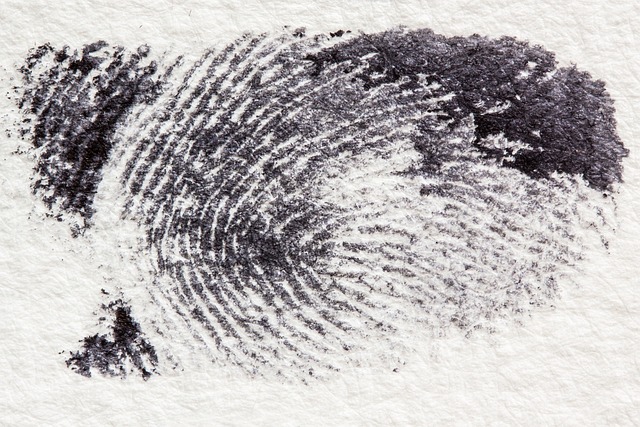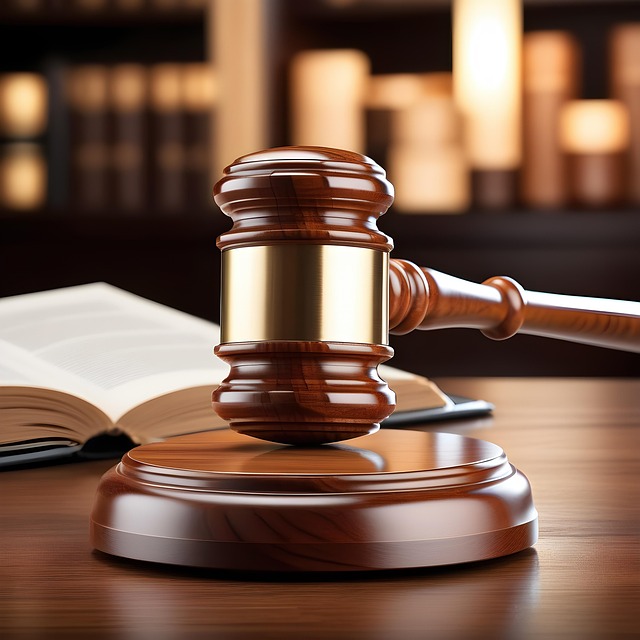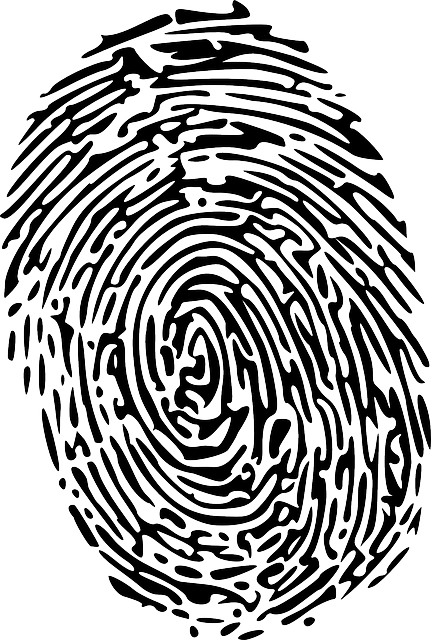Criminal law globally has seen significant shifts, emphasizing victim rights and restorative justice with advancements in technology like biometric identification revolutionizing crime investigation. As societies become more interconnected, laws adapt to address new crimes, such as cybercrimes. Key trends include increasing adoption of restorative practices, clarifications on digital privacy, and ensuring fair trials through rights like legal representation and due process. Understanding these rights is crucial for accused individuals navigating the complex criminal justice system.
“Unraveling the Complexities of Criminal Law: A Comprehensive Guide
In today’s fast-paced world, understanding the ever-evolving landscape of criminal law is paramount. This article serves as a compass for navigating the intricate web of recent developments, trends, and legal intricacies shaping the criminal justice system. From emerging case laws to the rights of accused persons, we delve into the fundamental aspects that underpin fair trials and justice. Furthermore, we explore sentencing practices, cybercrime challenges, and how the digital age is reshaping legal boundaries, offering a comprehensive insight into the dynamic realm of criminal law.”
- Recent Developments and Trends in Criminal Law
- – Discussion on emerging legal trends and recent case law shaping criminal justice
- Rights of Accused Persons: Navigating the Legal System
- – Exploration of the rights guaranteed to individuals facing criminal charges, including legal representation and due process
Recent Developments and Trends in Criminal Law

In recent years, criminal law has seen several notable developments and trends shaping legal landscapes worldwide. One prominent trend is the increasing focus on victim rights and restorative justice, with many jurisdictions adopting approaches that prioritize rehabilitation and reconciliation over strict punishment. This shift reflects a growing recognition of the importance of supporting victims and fostering community healing.
Additionally, technological advancements have significantly impacted criminal law. From biometric identification to advanced forensics, technology plays a crucial role in crime investigation and prevention. Cybercrime, in particular, has prompted legislative updates to address digital offenses effectively. As global societies navigate an increasingly interconnected world, criminal laws are evolving to meet the challenges of new crime forms, ensuring that legal frameworks remain relevant and responsive to modern societal needs.
– Discussion on emerging legal trends and recent case law shaping criminal justice

In recent years, the landscape of criminal law has been significantly shaped by emerging legal trends and pivotal case law. One notable trend is the increasing focus on restorative justice, which emphasizes healing for victims and accountability among offenders, often through alternative dispute resolution methods like mediation and community service. This shift reflects a broader societal move towards more holistic approaches to crime and punishment.
Furthermore, recent case law has been instrumental in clarifying complex issues within criminal justice. For instance, decisions on the application of digital privacy laws have balanced the need for evidence in criminal investigations with individual rights to privacy, setting important precedents for future cases. These developments underscore the dynamic nature of criminal law, continually evolving to address new challenges and societal values.
Rights of Accused Persons: Navigating the Legal System

In any criminal case, understanding your rights as an accused person is paramount. The legal system, while complex, is designed to protect individuals from unjust accusations and ensure fair trials. Accused persons have the right to remain silent, a fundamental principle that allows them to avoid self-incrimination. They are also entitled to legal counsel, enabling them to navigate the intricacies of criminal law with professional guidance. This right ensures that everyone, regardless of their background or knowledge of the law, can defend themselves adequately.
Navigating the criminal justice system requires a deep understanding of various rights and procedures. Accused persons must be informed about their entitlement to a fair trial, the potential consequences of a conviction, and the options available for legal representation. This process involves interactions with police officers, prosecutors, and judges, each playing a crucial role in ensuring the accused’s rights are upheld throughout the proceedings. Awareness of these rights empowers individuals to actively participate in their defense, making informed decisions that could significantly impact their case.
– Exploration of the rights guaranteed to individuals facing criminal charges, including legal representation and due process

In the realm of criminal law, understanding one’s rights is paramount when facing charges. Individuals accused of a crime are guaranteed certain protections under the law to ensure fairness and due process. One of the most fundamental rights is the right to legal representation. This ensures that those charged have access to qualified attorneys who can provide counsel, advocate for their defenses, and guide them through complex legal systems. Legal representation plays a pivotal role in navigating the often labyrinthine aspects of criminal cases.
Additionally, due process guarantees that individuals are treated fairly and have the right to a hearing where they can present evidence and confront their accusers. This process ensures that any conviction is based on substantial evidence and adheres to established legal principles. These rights are essential components of a robust criminal justice system, designed to protect both the accused and ensure that justice is served.
In conclusion, understanding the evolving landscape of criminal law is paramount for both legal professionals and those interested in criminal justice. By staying abreast of recent developments and trends, such as shifts in case law and changing rights for accused persons, we can foster a more equitable and just system. Engaging with these topics allows us to navigate the complexities of the legal system effectively, ensuring that everyone receives fair treatment under the law.
